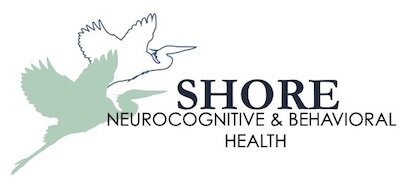September is Suicide Prevention Month. You may have seen signs where you live about walks “Out of the Darkness”, suggestions to reach out to a friend, or call 988 if you are having thoughts of hurting or killing yourself.
As a psychologist, it is a question I ask early on when I meet a new client: “Have you had thoughts of hurting or killing yourself?”
The answers vary widely, from “never!” to “I wish I had the courage”. One answer that triggers resentment in me is, “that’s the coward’s way out”.
Why resentment? Why does this particular judgment hit home for me?
After all, as humans, we are all guilty of judgment to one degree or another. We judge how people look, what they do or say, and certainly we judge others when their beliefs don’t match our own. I take most of these in stride.
So why do I get so prickly when someone calls a suicidal person a coward?
I listened to a presentation on a zoom meeting for Maryland’s mental health providers earlier this year. The guest presenter was the Father of a young man who had killed himself on the Chesapeake Bay Bridge a few years ago.
As I watched his presentation, tears were streaming down my face. His son was a young man in his 20s who had struggled with depression and substance abuse for years. His parents had done everything they could to help him, but in the end, depression won.
This presentation had me thinking of my own son, 15, and I could not even imagine what this man must be feeling, having his son die that way. I watched the presentation with great admiration, that this man has dedicated his life to preventing other parents from experiencing what he had.
In the United States, one person dies by suicide every 11 minutes. 49,000 people died by suicide in our country in 2022. Are all of these people cowards? I say no. By and large, they are so deeply depressed that many of us are lucky we cannot even imagine how difficult it is for them move through the world.
Brain imaging and behavioral studies tell us that people who are suicidal tend to have less flexible and more negative thinking styles.
One of my favorite authors, Matt Haig (The Midnight Library), tells us that depression is “the inability of a mind to access the good around it”. The ability to understand that every storm runs out of rain, the innate will to live, the knowledge that things WILL get better…all of this is gone when someone is thinking about taking their own life.
People who attempt or commit suicide are not any more flawed than any of us. Just as someone who has diabetes deserves treatment to continue living, a suicidal person deserves treatment to combat the inner voice that tells them they are hopeless, worthless, and expendable.
So this month and every other, I encourage all of us to step away from judgment and toward compassion.
DO reach out to a friend if you know they have been struggling with depression.
If you know someone who is behaving erratically, have the courage to say, “Are you ok? I’m here if you want to talk.” And if you are suffering from depression and/or have had thoughts about ending your life, please don’t. Reach out to a friend, or family member, or call 988 today.
#stopsuicide #mentalhealthawareness #suicideprevention #youarenotalone











